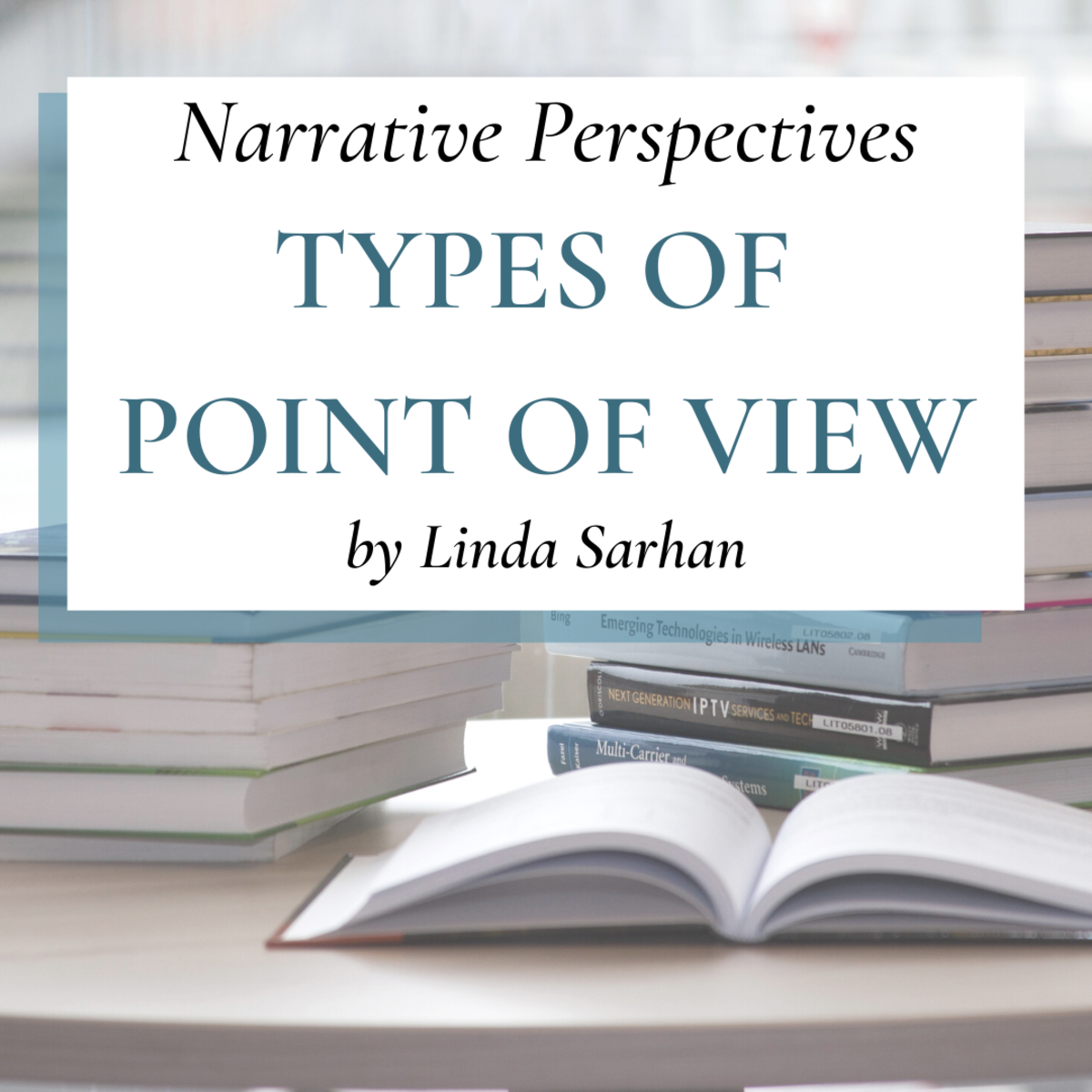writing christian fiction

So You Want to Write Christian Fiction...
I never thought I'd be writing Christian fiction... largely because I dreamed about becoming a writer far before I became Christian! In any case, I'm totally amazed at the way my writing hobby has turned out. This page is a compilation of things I learned about writing, more specifically, in the Christian genre.

Tip #1. Read, read, read!
This tip works for both general fiction and Christian fiction writers. The more you read, the more familiar you get with how story lines work, how dialogues come together, and all the other aspects of writing a novel.
But it comes with a twist: for Christian fiction, you would likely benefit more from reading more of the Bible. This is because the life of Christian fiction is the Christ-factor, and you cannot impart life unless you first receive more of His love yourself.
An interesting thing to note, though, is that you do not read the Bible looking for principles or even story ideas. Instead, see Jesus in every story, and you will see the Great Story enveloping over every story idea we may come up with! A love story? The Great Story is a love story, and also an adventure story, and a children's story, and just about every story theme you can come up with!

Tip #2. Make it a Journey
An advantage in writing Christian fiction, as opposed to say, regular fiction, is that it can actually be your outlet of a personal journey with the Lord. Francine Rivers, a well-known Christian novelist, is open about her starting to write her books on a question that may be bothering her about something.
For me, personally, the first Christian novel I wrote was also somewhere along that vein: I wrote about Mary of Bethany at a time in my life when I was missing the Lord's presence tremendously, and I wondered how His followers must've felt after He died and ascended and was no longer with them. How did they feel to see Him, to hear Him... and then to see Him crucified on the cross? How did they feel about longing for His return?
These sorts of questions could get you started on a plot that you will find personal to you. This makes the writing more passionate and filled with life.
"I say, 'Okay, God, what do I do about this?' He teaches me through the story." --Francine Rivers
Redeeming Love


Basic Lingo
When you start writing, especially novels, there are basic things you need to understand in the craft of fiction writing. The most basic terms you need to understand are the following:
1. Plot - the storyline
2. Point of View (POV) - whose perspective are you writing from?
3. Characters - the people in your story
Each one will be broken out in more detail in future posts. Stay tuned!

Tip #3. Develop Your Own Voice
If you ever hope to write Christian fiction, I cannot stress the importance of this point clearly enough. As aspiring writers, we usually have the tendency to try to imitate a famous writer's tone. I myself admit to trying that! But in the end, as His unique creation, there is a reason why He created you to be YOU and not Francine Rivers or Gene Edwards or C.S. Lewis. The Bible says we discover the depths, heights, lengths, and widths of the love of Christ together with all the saints , and it is crucial that you find your own voice in writing.
There is a way to tell the same story that will make it appear different than anybody else, and that gift has been given to you. Discover it and soar with it!
Interview with Francine Rivers
On her book, "Her Mother's Hope."
The Day I Was Crucified
Best Christian novel I've ever read!

"...almost no one knows the rest of the story... so much [to know about] the cross." -Gene Edwards

Tip #4: Point of View: Finding One Through Your Quiet Time!
Point of View (POV) is a crucial element in fiction writing. But writing Christian fiction means you get to enjoy one angle of deciding on a point of view: you can discover different point of views during your quiet time!
What do I mean by this? Of course, "quiet" time may not be such a good term to use, as what I actually mean is, your time of dialogue with the Lord. For example, when I started writing "The Face of Love," I started off knowing that I wanted to use the POV of Mary of Bethany herself, in first person, as I was exploring what she saw of Jesus. When I wrote my next published novel, "Relentless," about the prophet Hosea, I wrote a draft or two that I wasn't happy with, and later on settled on a multi-dimensional point of view, with my opening scene from the POV of Gomer, in the dungeon. That did not come by my own "creativity," but as I asked questions of the Lord: how must Gomer have felt when she was in the slave market and Hosea came and still bought her back? And in the next series of scenes, how did Hosea feel about all that? And on and on and on!
These sort of questions are geared towards you having the Bible become more alive to you, and can show you more of His heart. And the best POV for your book will just follow.

The Face of Love
an excerpt from my novel
Dear Hephzibah,
I met the most wonderful man today! No, not in the way you're thinking. I'm not suddenly betrothed, but I did meet this amazing Jewish man-a rabbi, mind you-THE rabbi from Nazareth whose name has stirred our town so much these past weeks.
The other women at the well were excitedly chattering about the miracles they've seen him perform, lame children suddenly running around well, blind people suddenly seeing, and just last week somebody was running around town telling about how this Jewish teacher had just raised a boy from the dead-right out of his coffin during his own funeral!
Yes I admit I was curious, but I didn't really think much of the stories until I met the man myself. His name is Yeshua bar Joseph, a carpenter, I heard, from Nazareth. His name in itself already provokes my curiosity. It's quite a common name, of course, but Yeshua means "Hashem is Salvation," and I've heard so much said about him that actually seems to live up to that name. Is he indeed the consolation of Israel?
But that wasn't really my major concern when I first saw him. When I first saw him, from the distance, with his disciples, all I remember was that I saw him tossing his head back in laughter, his eyes shining with a joy I haven't seen in anyone in my entire life!
But that was just in the distance, when I happened to glimpse out the window at the sound of such childlike laughter. Imagine my surprise when, after a few minutes, when all I did was fetch a jar of water from the kitchen, I saw this very man standing at our doorway talking to my brother Lazarus!
Before I had the chance to wonder how they became friends, Martha, bustling past with a jar of water to welcome our guests, was already pointing me to the kitchen to help prepare a feast for Yeshua and the twelve men who were scuffing off their sandals right behind him!
While I was in the kitchen, I couldn't help overhearing the conversation in the other room: Yeshua telling his disciples about the kingdom of heaven! I found myself inching closer and closer to the living room-it was all I could do not to bring the dough right into the living room so I could listen in, but I knew that would make Martha go crazy, she's always telling me not to mind other people's businesses...

Tip #5. Make your Characters 3-Dimensional
Think of it this way: the characters are those whose lives make the whole story come alive! This is why developing the characters is a very important step before you start writing, or throughout your writing process. This is why many writers advise beginners to have complete character profiles before actually starting to write.
A quick way to develop realistic characters is to think of them in 3D: that is, they not only have strengths, but also weaknesses. This is especially crucial in a Christian novel, as nobody wants to read about a hero who never stumbles or who never cries in pain or fear. If you can think of each person in the story in this way, you can easily write down dialogue or their thought-processes that shows their emotions from their particular makeup. This makes for a more compelling read.
Resources to Develop your Writing
As a writer, you know there's always room for improvement. These resources should help you develop your writing technique for that great novel you're about to write!











